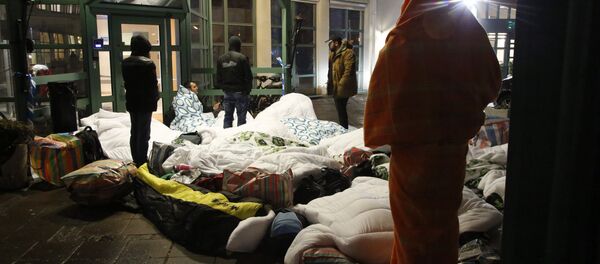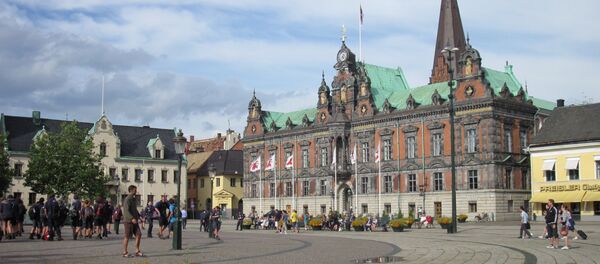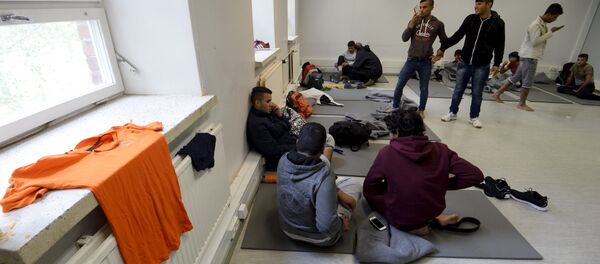George Borjas came to America as a refugee from Cuba when he was twelve. In 1975, he became PhD in economics at Columbia University in New York. His research is based on econometrics, using advanced statistical methods to analyze the economic context. He has been called America's leading immigration economist by the magazines Business Week and the Wall Street Journal.
"I know exactly what it means to flee from a country where you are not wanted. My family was more or less kicked out. We were unwanted. As for me, I managed to pull enormous benefits out of the possibilities that the United States had to offer. Does it mean that everyone got the same benefits in the long run? I don't think so," he told Dagens Nyheter.
The winners…
"Another economic benefit of immigration is that many of the middle class end up increasingly benefiting from immigrants' help," says George Borjas. "It comes to cooking and cleaning, babysitting and gardening. At the same time, they can spend more time on their own better paid jobs as well as improving themselves."
As for social gains, so they are mostly distributed among the immigrants themselves, even if they often get to live in meager conditions. Nevertheless, they are usually much better off than in their countries of origin, even if it falls on the lower end of the society, Borjas argues.
The losers…
"Mainly it is the less educated natives, who only have access to a limited part of the labor market. There they are faced with increased competition for jobs, while these jobs for specific reasons are becoming fewer," Borjas argued, citing automation, where machines and computers take over, and globalization, which often requires relocation.
Reversed welfare policy
"Immigration contributes to a more uneven distribution of income. Highly qualified people are better off, whereas unskilled are in an even more inferior position," Borjas says, calling this phenomenon "reverse welfare policy."
Huge difference between migrants of 1900s and 2000s
"As for immigrant groups of the late 1800s and early 1900s, such as the Germans and the Italians, they learned the language very quickly and became well integrated. But it was also a period where the industry grew and there were plenty of well-paid jobs. In recent decades, the level of education among immigrants dropped significantly, as well as among their children, even if they were born in the US," says George Borjas, citing the high proportion of people who drop out of high school.
Completely different in Europe
"Very low starting salaries for new arrivals mean that employers are given strong incentives to hire people from this very group. But an extremely low minimum wage would also mean that some low-skilled people, who today are protected by the Swedish labor market rules, end up losing out in terms of their salary. So while the refugees benefit from jobs, it is almost inevitable that others who already live in Sweden suffer," he says.
A price to pay
"You ought to realize that immigration is not for free. If you want to receive many refugees because it feels right, there is a price to be paid. One must expect greater economic differences within one's own country, as well as an increased pressure on public finances," Borjas argues.
Facts
According to Sweden's Migration Board, 167,877 asylum seekers were taken in last year, of them 35,369 were underage. This year, UNHCR expects another million asylum seekers in Europe. The Migration Board estimates that up to 140,000 of them end up applying for asylum in Sweden.









